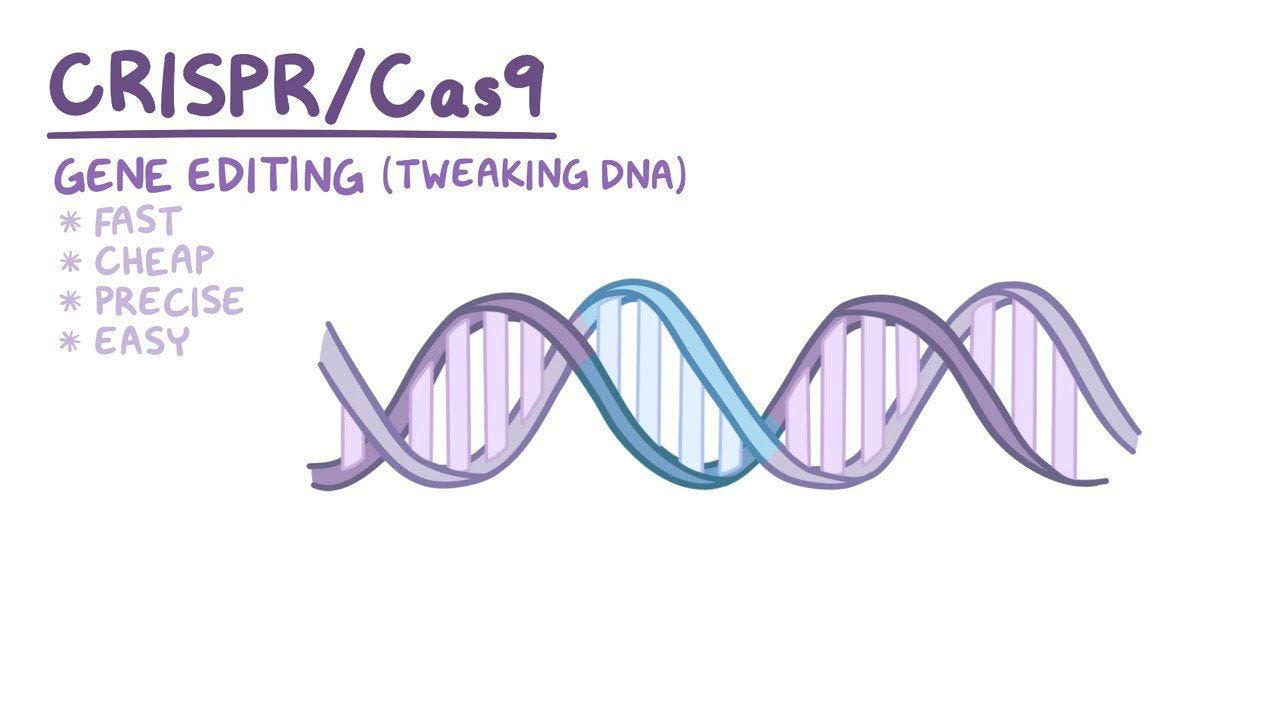First Principles Thinking
First principles thinking explores the root causes of problems and breaks them down into their most elemental parts

I stumbled upon first principles thinking during a moment of introspection, a time when I was grappling with the complexities of innovation and problem-solving. Tasked with an open-ended question from a stakeholder, I found myself breaking down complex issues into their most basic, undeniable truths, and then reconstructing solutions from the ground up. You may ask … why is this significant? Well, because first principles thinking offers us more than just a problem-solving technique; it provides a framework for intellectual rigour and a pathway to innovation.
First principles thinking is like peeling an onion. It’s about stripping away the layers of preconceived notions and seeing things as they truly are. It’s a call to think differently, to challenge our beliefs, and to embrace multiple viewpoints. It’s not about accepting things as they are; it’s about digging deep to understand the why behind the what.
“understanding the why behind the what.”
First principles thinking is a method of problem-solving that dares to question conventional wisdom and instead looks at the core building blocks of a system. This approach involves breaking down complex issues into their simplest components and examining each piece individually, allowing for a deeper understanding of the problem at hand.
It is an invitation to think differently, to challenge assumptions, and to consider multiple perspectives, all with the goal of finding innovative solutions to complex problems. The beauty of first principles thinking is that it doesn’t just settle for the status quo, it delves into the depths of a problem and uncovers its root causes.
"First principles thinking is the scaffolding of innovation; it breaks complexity into simplicity."
To successfully practice first principles thinking, a strong foundation in the laws, principles, and technologies of the particular field are essential. It also takes a certain level of creativity, curiosity, and independent thinking to fully embrace this approach. But those who do, can expect to be rewarded with a comprehensive understanding of complex systems and the ability to drive meaningful change.
An adage attributed to Aristotle states, “The more you know, the more you can do.” And with first principles thinking, individuals can truly know and do more, pushing the boundaries of what’s possible and creating a brighter future for us all.
"Knowledge is power." Francis Bacon
Businesses and First Principles Thinking
In the fast-paced world of business, companies often find themselves entangled in conventional wisdom and established practices. The common approach is to follow industry norms and benchmarks, relying on historical data and existing methodologies to solve problems. For instance, many companies in the retail sector base their strategies on competitive pricing and seasonal discounts, a tried-and-tested method but one that often leads to a race to the bottom.
However, this adherence to established practices can hinder innovation and limit the exploration of new possibilities. First Principles Thinking encourages businesses to break away from these norms. It prompts them to deconstruct problems to their most basic elements and rebuild solutions from the ground up.
Take the example of the automotive industry. Traditional manufacturers have long relied on petrol/diesel engines, focusing on improving fuel efficiency and reducing emissions. However, by applying First Principles Thinking, Tesla questioned the very reliance on fossil fuels and developed electric vehicles, revolutionising the industry and paving the way for sustainable transportation.
Questioning assumptions
Tesla, however, questioned this foundational assumption. They asked: “Why are we relying on fossil fuels? Is there a more sustainable and efficient way to power vehicles?”
Breaking Down to Fundamentals:
Instead of accepting the industry norms, Tesla broke the problem down to its fundamentals: Vehicles need energy to move, and this energy doesn’t necessarily have to come from fossil fuels. They explored the fundamental principles of energy, focusing on alternative sources that could power vehicles, leading them to consider electricity as a viable alternative to fossil fuels.
Reconstructing from First Principles:
Having identified electricity as a sustainable alternative, Tesla reconstructed the concept of the automobile around this insight. They developed electric vehicles (EVs) with high energy density batteries, powerful electric motors, and efficient power management systems. They also addressed the challenges associated with electric vehicles, such as range and charging infrastructure - developing long-range batteries and establishing a network of Supercharger stations.
Innovating and Revolutionising:
Tesla’s approach has spurred innovation and increased focus on sustainability within the automotive industry, prompting traditional manufacturers to accelerate their development of electric vehicles and explore new possibilities in sustainable transportation.
Philosophy: Descartes to Aristotle
René Descartes
René Descartes, known for systematic skepticism, believed in questioning all beliefs to arrive at self-evident first principles. His famous quote, "I will devote myself sincerely and without reservation to the general demolition of my opinions," encapsulates the essence of first principles thinking. In "Discourse on Method," he advises, "Divide each difficulty into as many parts as is feasible and necessary to resolve it."
"Divide each difficulty into as many parts as is feasible and necessary to resolve it."
Descartes’ commitment to dismantling his opinions to reveal core truths resonates deeply with me. It’s a reminder to question, to dissect each difficulty into manageable parts to truly understand it, a practice I’ve found invaluable in both professional and personal realms.
Aristotle
Aristotle, another pioneer, emphasised induction to move from observations to general principles. He stated, "We do not inquire in order to know, but we know in order to inquire." For him, understanding fundamentals was not just intellectual but a moral obligation, essential for virtuous living.
"We do not inquire in order to know, but we know in order to inquire."
Aristotle’s emphasis on moving from observations to general principles has been a guiding light in my interactions with family and colleagues. It’s a call to understand the ‘why’ and the ‘how’ of things, to seek to understand before seeking to be understood, a principle that has transformed my relationships and problem-solving approaches.
Both philosophers have indelibly shaped first principles thinking, a method that remains invaluable in today's complex world. It offers a structured way to dissect problems and arrive at foundational truths, helping us navigate the noise and focus on what truly matters
Embracing First Principles Thinking has been a transformative journey for me, a beacon in navigating complex problems. It’s like peeling an onion, layer by layer, to reveal the core, the truth. It’s more than a method; it’s a mindset that encourages curiosity, a thirst to question, to learn, and to challenge the norms. It’s been a liberating experience, allowing me to see beyond the conventional, to not just accept things at face value but to delve deeper, to understand the ‘why’ and the ‘how’. It’s about stripping away the assumptions, the preconceived notions, and getting to the heart of matters. It’s not about the easy route; it’s about the right one, about building knowledge from the ground up, about seeing the world with a new lens. And in this journey, I’ve realised it’s not just about solving problems; it’s about a continuous quest for truth, for innovation, and for a better understanding of the world around us. It’s a journey well worth embarking on, for it opens doors to possibilities we never knew existed.
First Principles Thinking in action
Medicine and CRISPR Technology
Question Assumptions: Traditional gene therapy methods were expensive, time-consuming, and imprecise.
Break Down to Fundamentals: Researchers focused on the basic biology of how genes are edited naturally within cells.
Reconstruct: The CRISPR-Cas9 system was developed, allowing for precise, directed changes to genomic DNA.
Impact:
CRISPR technology has revolutionised gene editing by providing a more efficient and accurate method. It has the potential to cure genetic diseases, improve agricultural yields, and even eliminate certain types of pests.

Computing and Quantum Mechanics
Question Assumptions: Classical computing is reaching its physical and theoretical limits.
Break Down to Fundamentals: Scientists went back to the principles of quantum mechanics, focusing on quantum bits (qubits) instead of binary bits.
Reconstruct: Quantum computers were developed, which use the principles of superposition and entanglement to perform complex calculations much faster than classical computers.
Impact:
Quantum computing promises to revolutionise fields like cryptography, material science, and complex system simulation. It could potentially solve problems that are currently computationally infeasible.
Finance and Blockchain
Question Assumptions: Traditional financial systems rely on centralised authorities like banks for trust and verification.
Break Down to Fundamentals: The basic need is for a secure, transparent method of conducting transactions.
Reconstruct: Blockchain technology was developed as a decentralised ledger that is transparent and immutable.
Impact:
Blockchain has the potential to disrupt traditional financial systems, making transactions more secure, transparent, and decentralised. It could revolutionise everything from currency to contracts and supply chain management.
Environmental Science and Circular Economy
Question Assumptions: The traditional economic model is based on a linear approach: "take, make, dispose."
Break Down to Fundamentals: The fundamental need is for sustainable resource management that minimises waste.
Reconstruct: The concept of a circular economy was developed, focusing on reusing, recycling, and remanufacturing.
Impact:
The circular economy aims to eliminate waste and promote the continual use of resources, offering a more sustainable and environmentally friendly economic model. It has the potential to drastically reduce environmental impact and create new business opportunities.
By applying first principles thinking, these fields have been able to challenge conventional wisdom and develop groundbreaking innovations.
So, whether it's Descartes questioning the nature of existence, Aristotle exploring the fundamentals of virtue, or Elon Musk revolutionising technology, the power of first principles thinking remains a constant. It's a timeless tool for understanding the world, solving complex problems, and driving innovation.
Reflections
I leave you with this: How often do we question the status quo? How often do we strip away the layers to understand the core? How often do we reconstruct from the basics to innovate? It’s a journey of exploration, of continuous learning, and of realising the boundless possibilities that lie in understanding the fundamentals.
Let’s embrace the journey of first principles thinking, let’s keep questioning, exploring, and innovating. After all, it’s the questions we ask that shape the path we take.







I must admit today i have understood what First Principle Thinking really is and how it drives individuals to go beyond the norms and working to find deep lying solutions that are needed in today's world. It is essential to ambrace this model of thinking way forward.